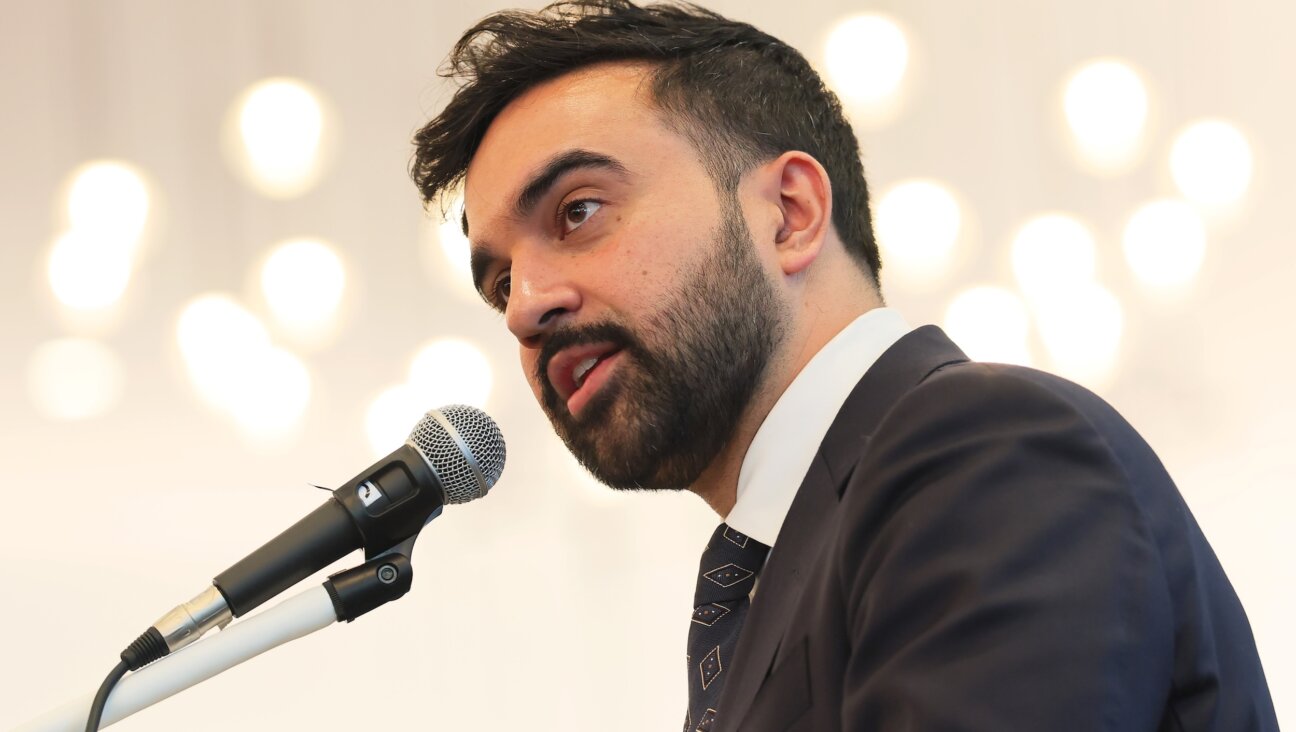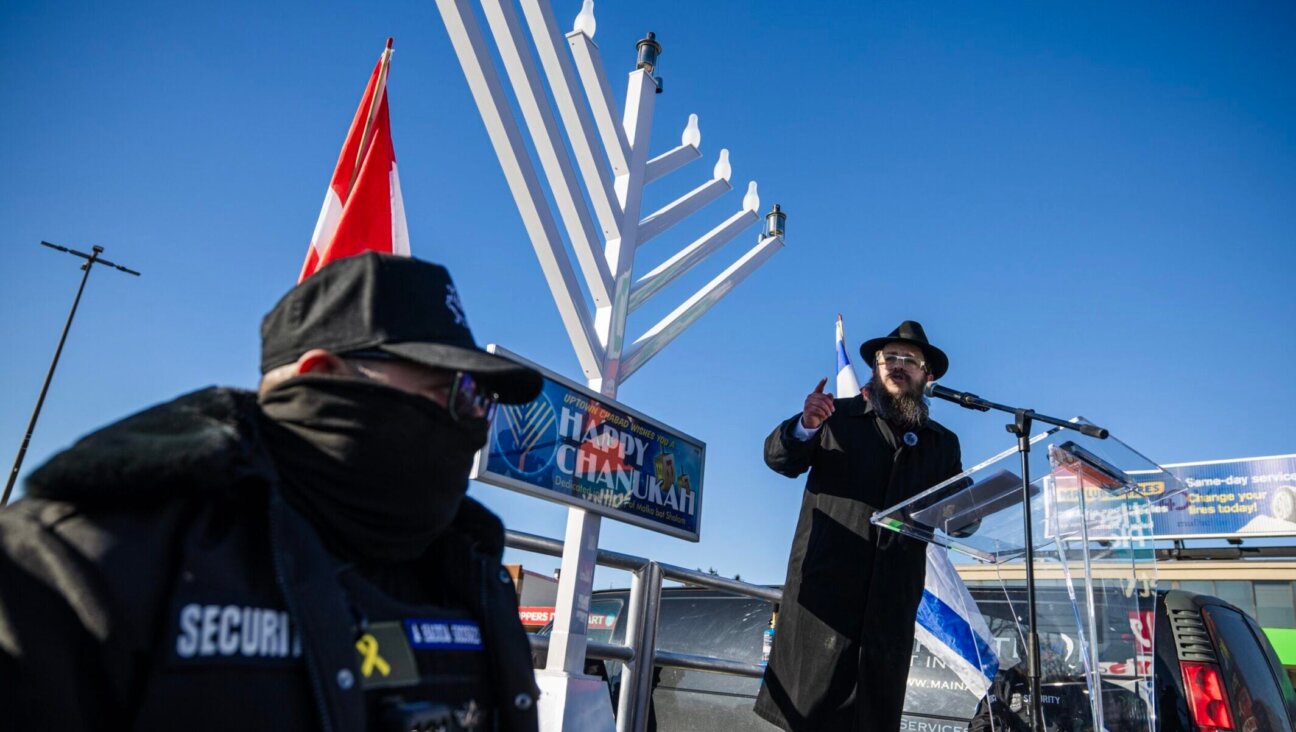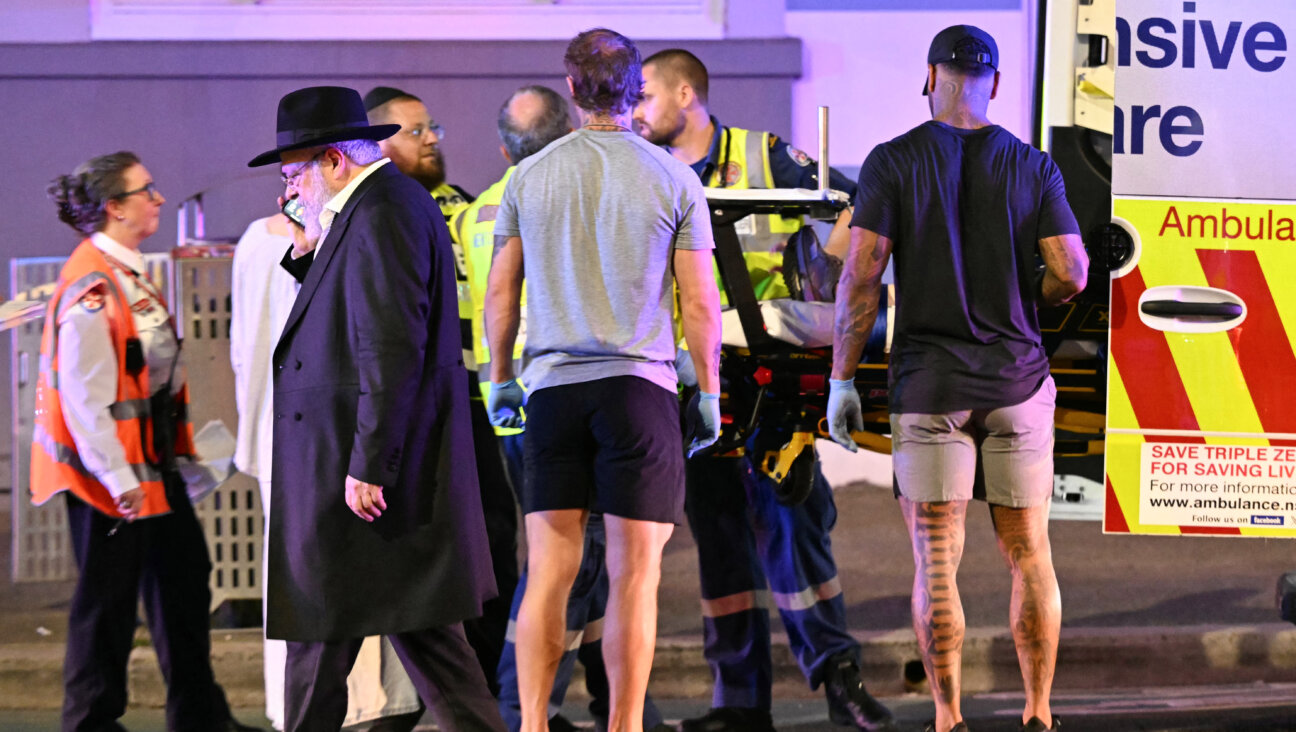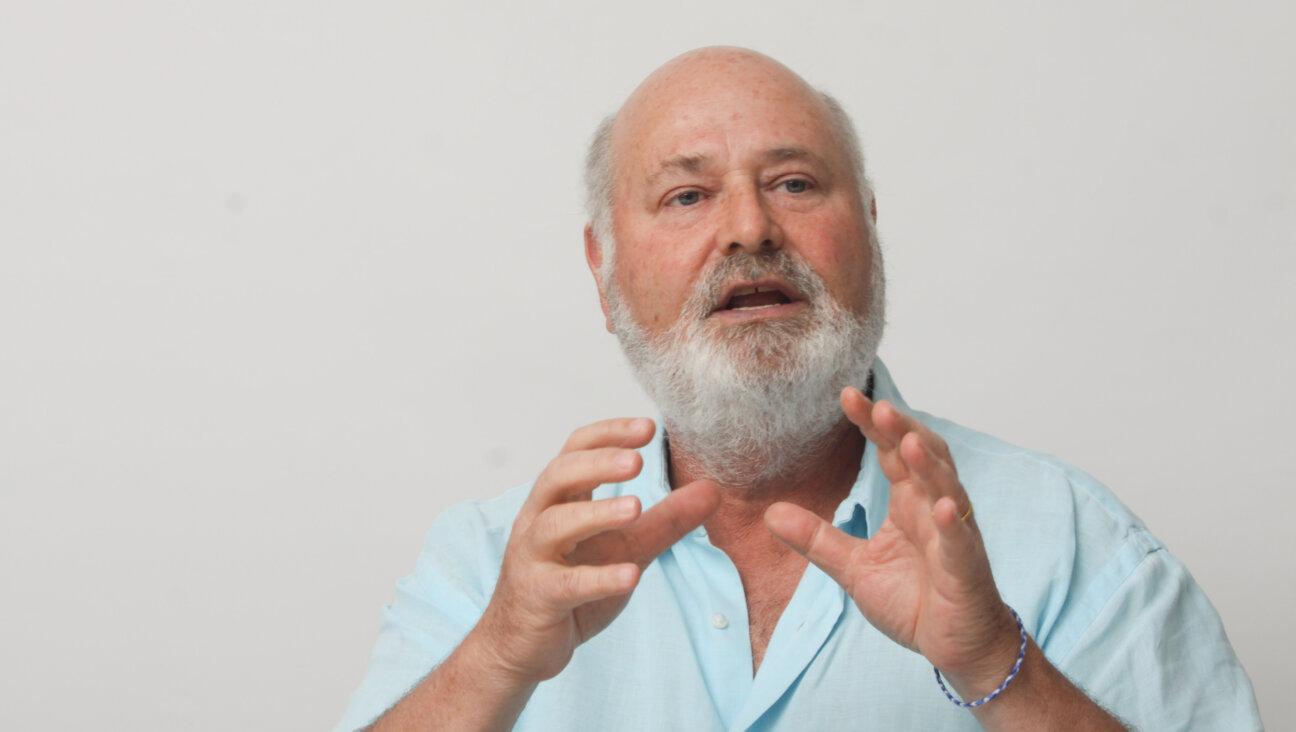Times Reporter Dies of Asthma in Syria
“I don’t think there’s any story worth dying for,” the New York Time’s Anthony Shadid told Mother Jones magazine in an interview last month, “but I do think there are stories worth taking risks for.” Of a journey he took last summer to Syria, he said “that was probably one of the greatest risks I’ve ever taken as a journalist, but that story felt as if it wouldn’t be told if I didn’t go there.”
At the time, Shadid was one of the few journalists who had managed to enter Syria and give a first-hand account of the first stages of the bloody repression of the demonstrations against Bashar Assad’s regime. He stole the border from Lebanon and traversed the country without a visa on a motorbike. Describing his decision-making process on making these trips, he admitted that “emotion and, hopefully not, but ambition often get in the way of the judgment. But you go and hope you get it right.”
Anthony Shadid returned to Syria last week, after giving up on the chance of receiving a visa. This time he went through the Turkish border, together with photographer Tyler Hicks. They squeezed under a barbed-wire border fence and already when going in, Shadid experienced his first asthma attack – an allergic reaction to the horses of the smugglers who were getting them through. On his way out Thursday, the allergy flared up again, this time with a much more severe asthma attack that rendered him unconscious. Hicks, who tried to resuscitate him, failed and he carried his body back over the border to Turkey.
Forty three year-old Shadid already knew as a teenager in Oklahoma City that he would be a journalist and report from the Middle East. As the son of Lebanese Christian immigrants, he sought “to go back to the Arab world and try to understand what it meant to be Lebanese.” His wish was granted in 1995, when after five years of working for the Associated Press in New York and Los Angeles, he was sent to report on the region from Cairo.
After six years, he moved on to the Boston Globe for whom he reported in March 2002, on the third day of Operation Defensive Shield in the West Bank. After a day of covering the fighting between the Israel Defense Forces and Palestinians around the Muqata’a in Ramallah, he was returning to a hotel in the town when he was hit by a bullet in the shoulder. He was treated by IDF medics who transferred him to a local Palestinian hospital. Later he was questioned by another IDF unit that entered the hospital and, when trying to leave the area in an ambulance, came under fire again from a roadblock. The Globe complained over his shooting, though the IDF denied Israeli soldiers had intentionally shot the reporter.
For more, go to Haaretz.com














